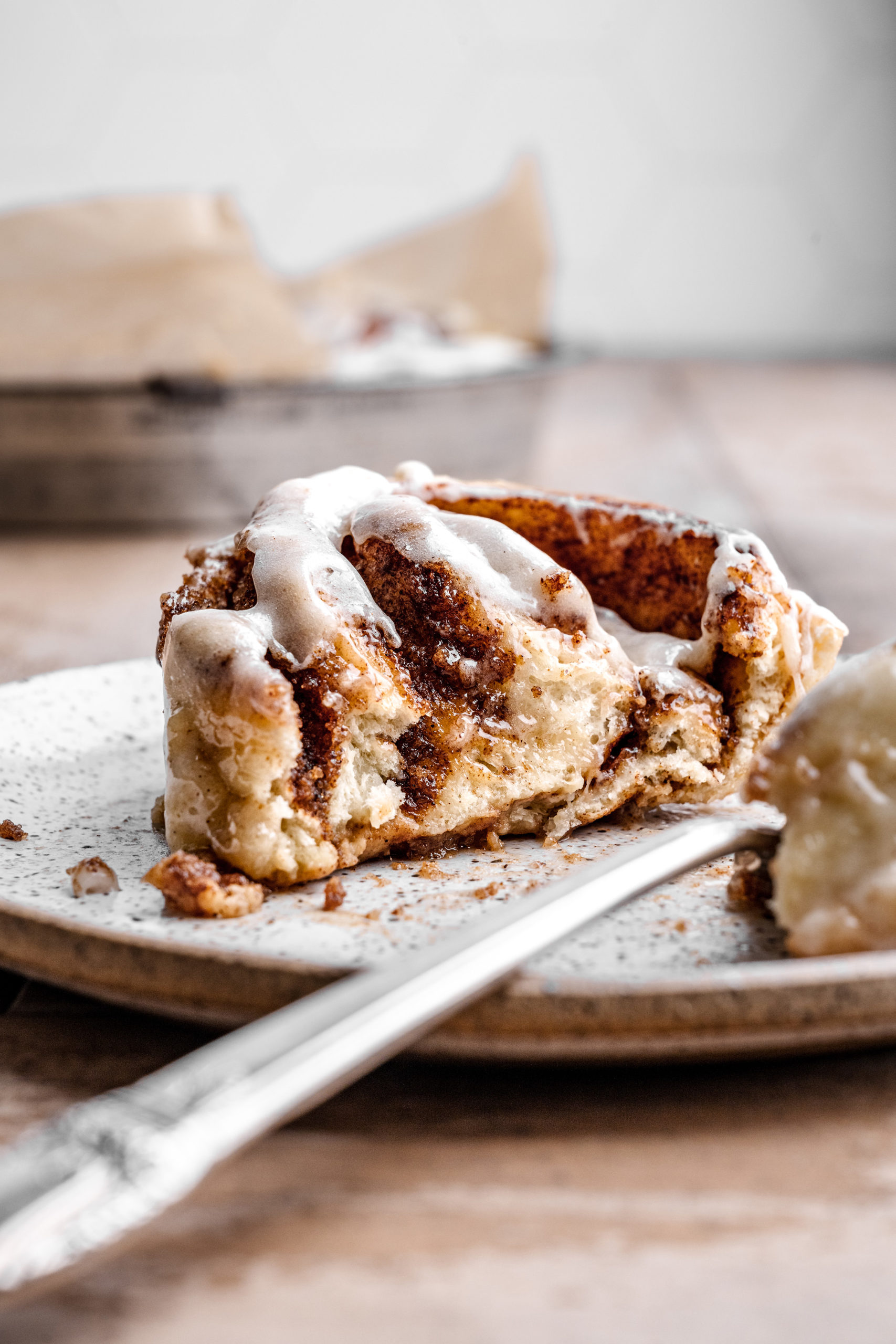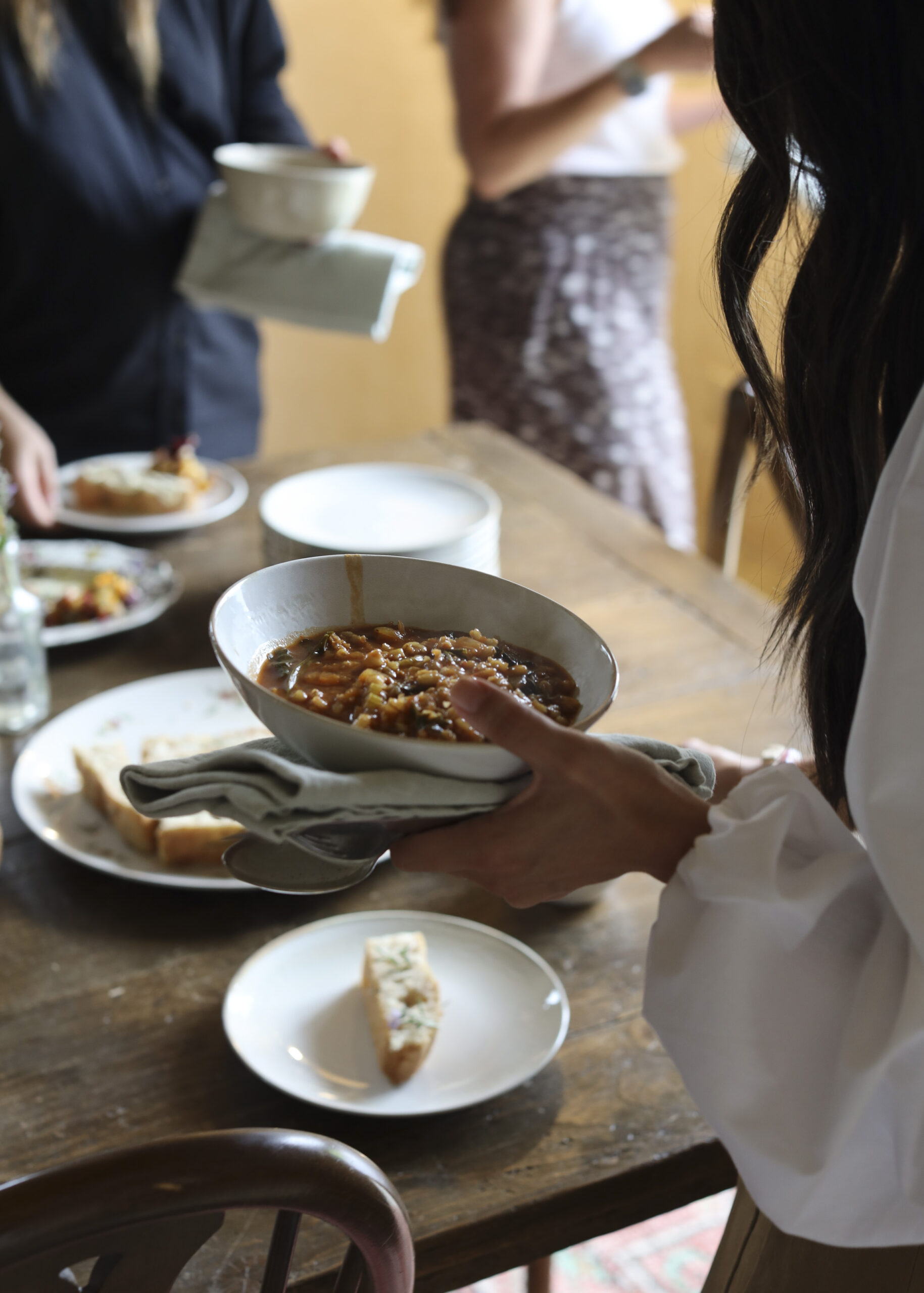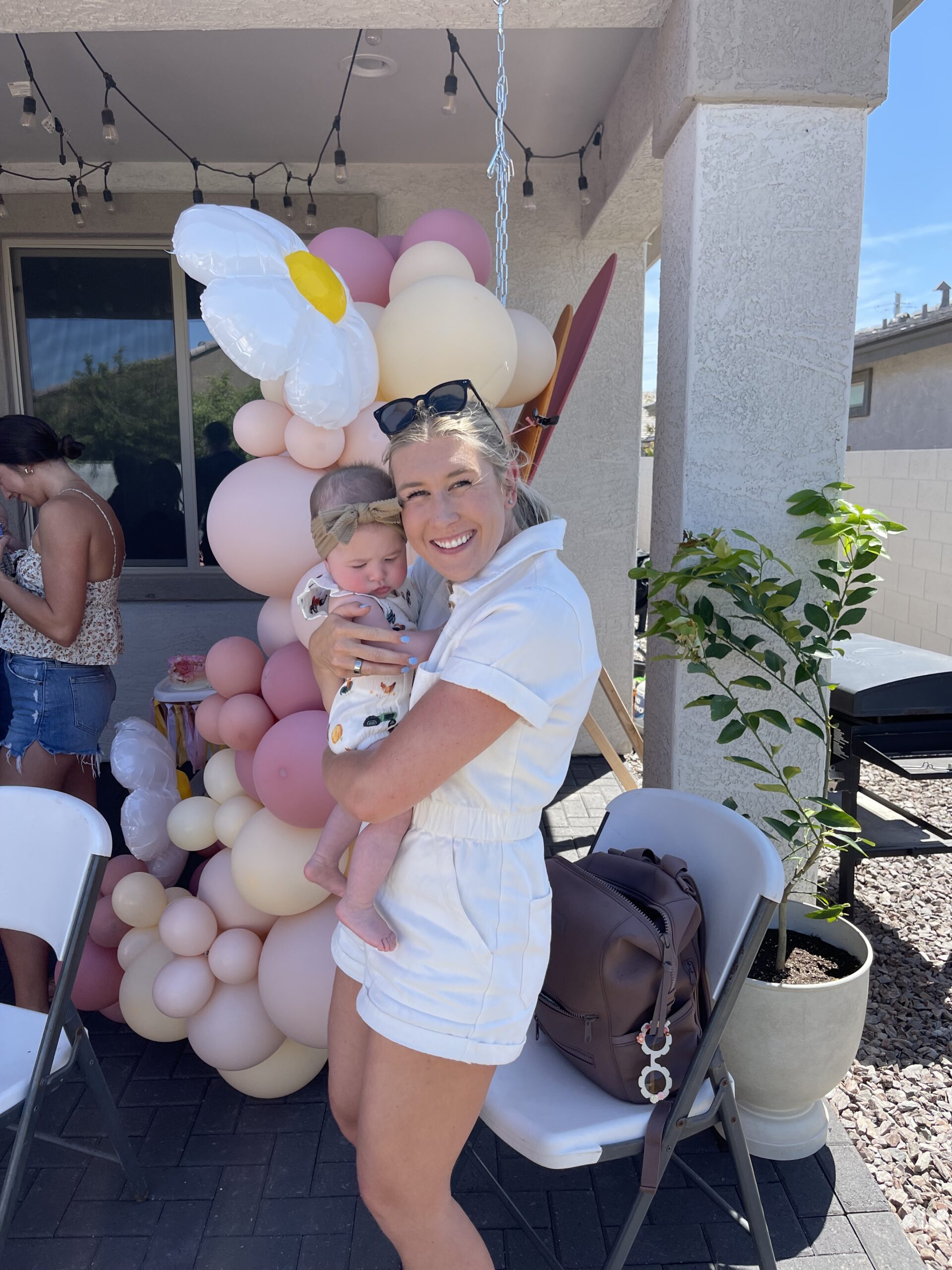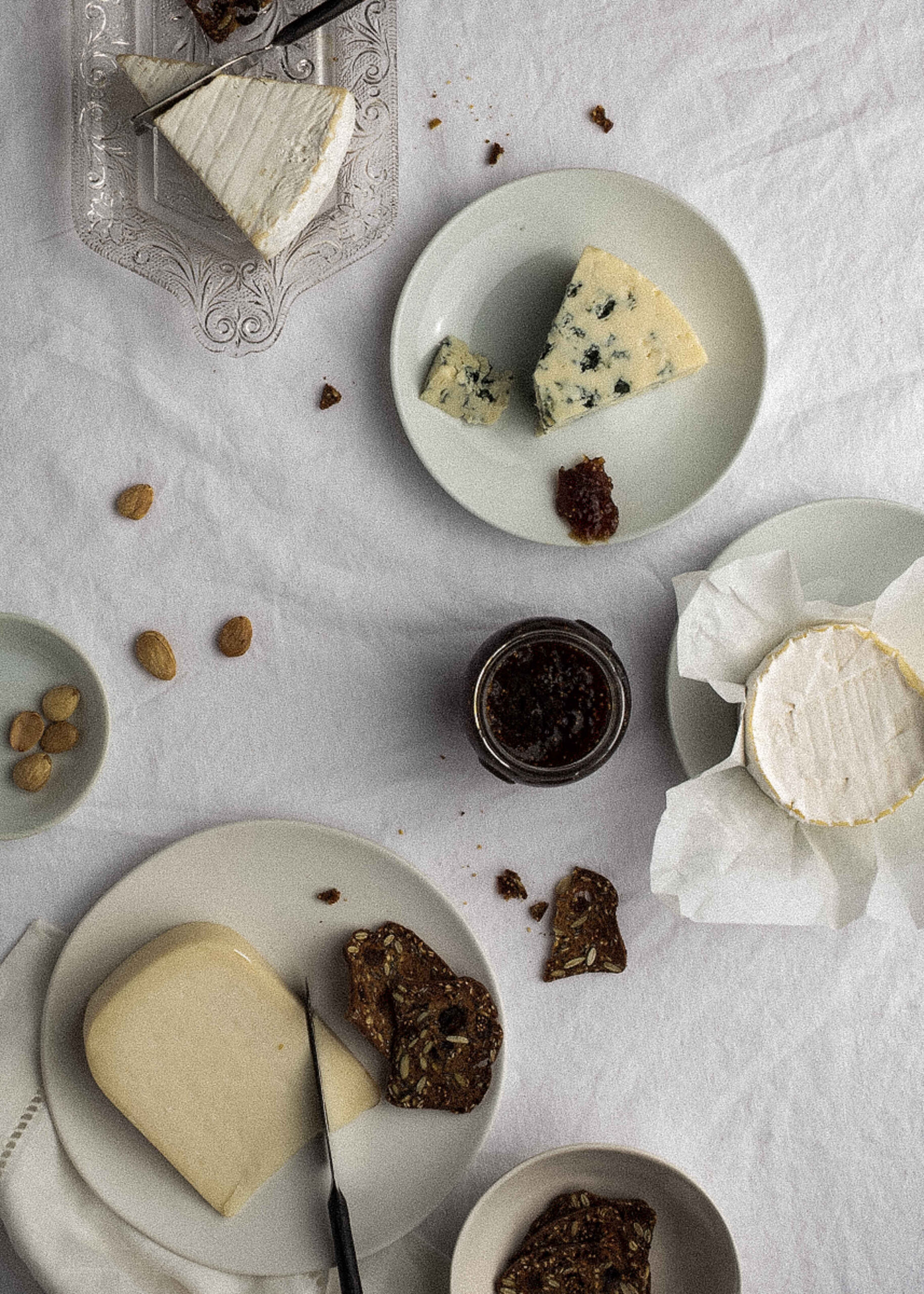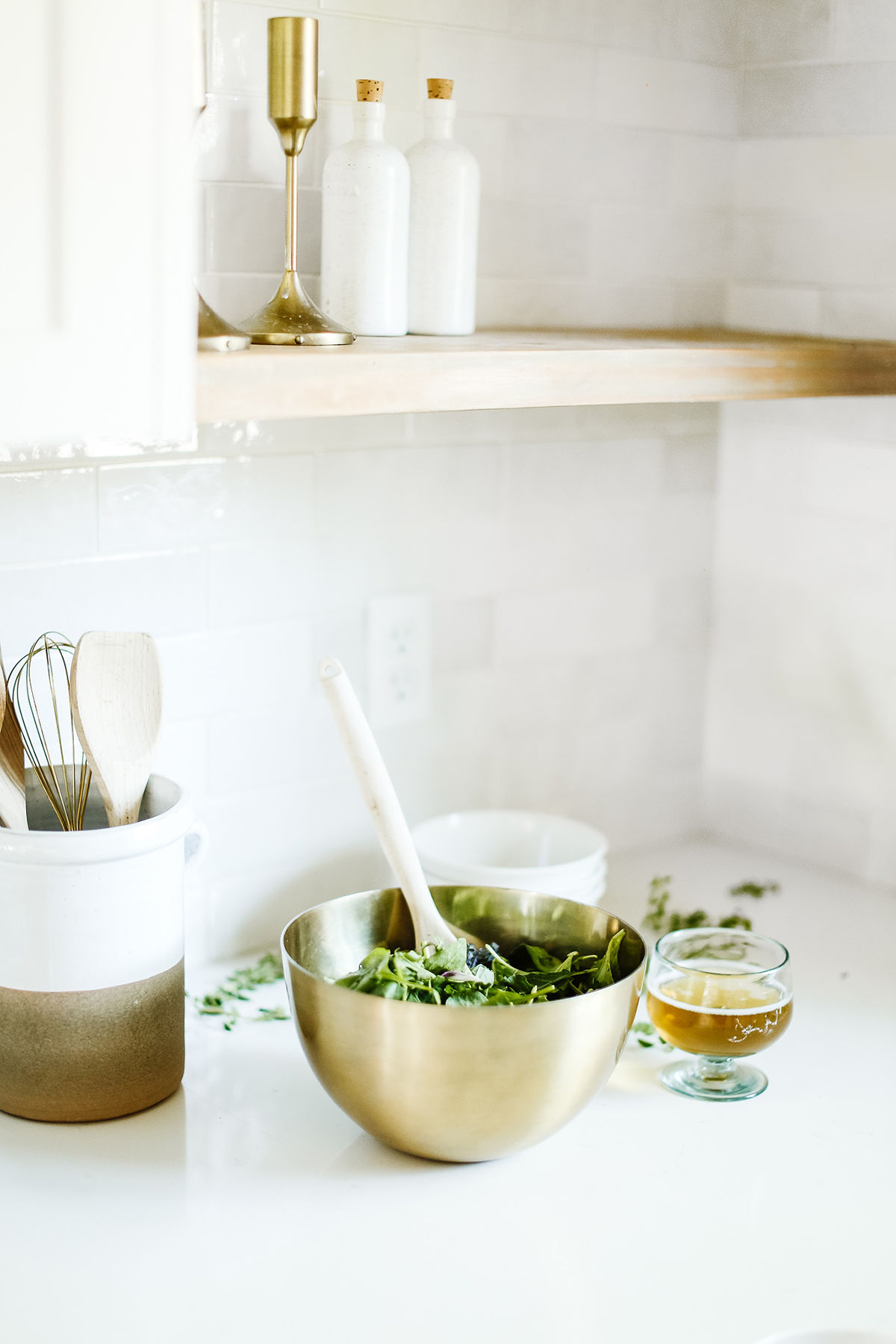Have you ever eaten something and then felt like you did something wrong? Maybe you had a treat and then regretted it. Well, I’ve got some great news for you! You don’t have to keep feeling guilty about what you eat. It’s time to break free from that heavy feeling and learn how to love your food without any guilt or regrets.
Understanding Food Guilt
First things first, let’s dissect this pesky emotion we call guilt. At its core, guilt is what you feel when you believe you’ve committed a wrongdoing. It’s like that little voice in your head telling you, “You’ve messed up!” But when it comes to food, should we really feel guilty for treating ourselves to a delicious meal? The answer is a resounding no! Sure, some eating habits might not be the healthiest, but wallowing in guilt won’t make them any better. In fact, it can even worsen things, especially if you’re dealing with binge eating.
Steps to Overcoming Food Guilt
Now, let’s dive into the juicy part – how to bid farewell to food guilt once and for all. Here are some top tips that will help you embrace a healthier, guilt-free relationship with food.
1. Recognize Where Your Head is At
The first step in conquering food guilt is to understand where it’s coming from. Food guilt isn’t a rational feeling; it’s an emotional one. So, ask yourself:
- Why do you believe you did something wrong by eating?
- Where is this message coming from?
- Is it genuinely true that you did something “wrong” by enjoying that scrumptious meal? (Spoiler alert: absolutely not!)
When you stop thinking that the food you eat determines if you’re a good person or not, something amazing happens to the way you see food. This change lets your mind be free from feeling bad about what you eat.
Food is there to keep you alive, make you happy, and give you the things your body needs. But it shouldn’t be something that makes you feel like a good or bad person. Whether you’re enjoying a yummy pizza, treating yourself to a delicious chocolate cake, or munching on a healthy salad, these choices don’t say if you’re a good or bad person. They’re just things you eat because you like them or they’re good for you.
2. Reiterate that You Did Nothing Wrong
Imagine if your friend, a family member you care about, or your child ate the same thing you just did. Would you scold them and say they did something bad by eating it? Most likely, you wouldn’t do that because you care about them and want them to feel good.
So, why treat yourself any differently? You should remind yourself that you didn’t do anything wrong by eating what you just had. Just like you wouldn’t judge your loved ones for their food choices, you shouldn’t be hard on yourself either. Eating is a normal and necessary part of life, and it doesn’t make you a bad person. It’s important to be kind to yourself and not be overly critical about what you eat. So, cut yourself some slack and remember that you’re not doing anything wrong by enjoying your food.
3. Focus Your Attention Elsewhere
If you want to stop thinking too much about what you ate and feeling bad about it, try doing something fun and interesting. Instead of always going over what you ate, focus on things that need your attention right now. You can take your dog for a walk, hang out with someone you love, get into a good book, or even tackle cleaning the kitchen you’ve been avoiding.
By shifting your focus to these activities, you can take your mind off the guilt and start enjoying the other good things life has to offer.
It’s about time you tell yourself it’s okay to enjoy food without feeling guilty. So, when you have a yummy meal in front of you, remember these three things: understand, remind, and shift your attention. Enjoy your food and say goodbye to guilt – it’s not serving you!
Keywords: food guilt, binge eating disorder, feeling guilty after eating
Struggling With Body Image? Check These Out:
- 096. Trusting The Binge Eating Recovery Process: How To Keep Pushing Forward When Things Are HARD (and clothes are getting tight)
- 083. What I do on bad body image days (so it doesn’t ruin my day!)
- 072. Why You Need To Accept Your Body TODAY (even if you don’t love it)
Keep Reading
Got really full? How to Navigate the Aftermath of Eating More Food Than Is Comfy
5 Tools to Help Manage Low Body Image Days
Staying Binge-Free During The Holidays: Your Guide to Mindful Eating
Ryann Nicole
Licensed Therapist, Certified Nutritionist, and Virtual Wellness Coach
Ryann is a licensed therapist and virtual wellness coach who has assisted individuals worldwide in establishing a healthier relationship with food and their bodies.
Are You Ready to Heal Your Relationship With Food?
I understand—it can be overwhelming to figure out where to begin. Let's simplify things and have you start right here:
Why Am I Overeating?
First Steps To Stop Binge Eating
The Food Freedom Lab Podcast
FREE QUIZ
FREE GUIDE
Podcast
the food freedom lab podcast
